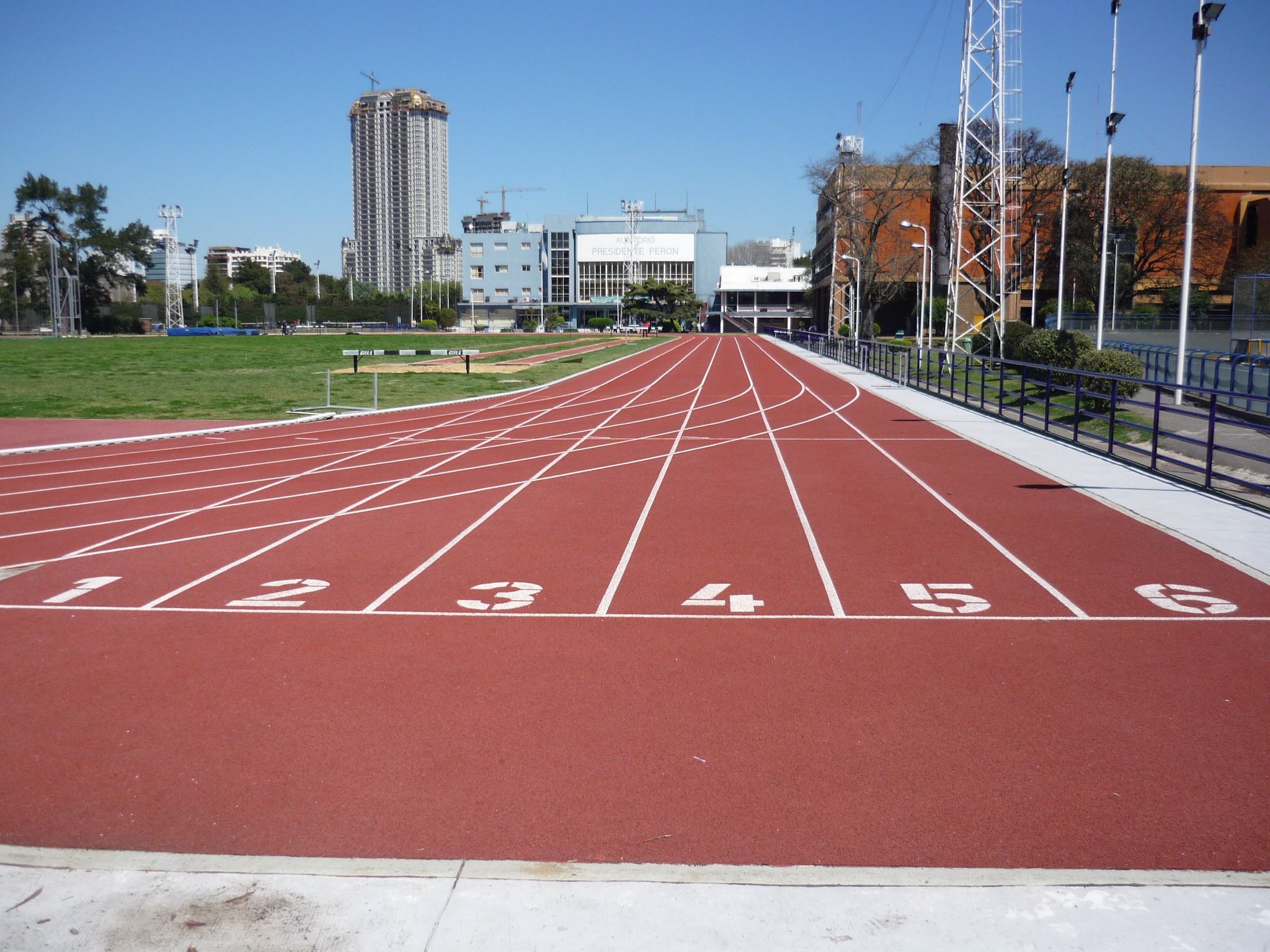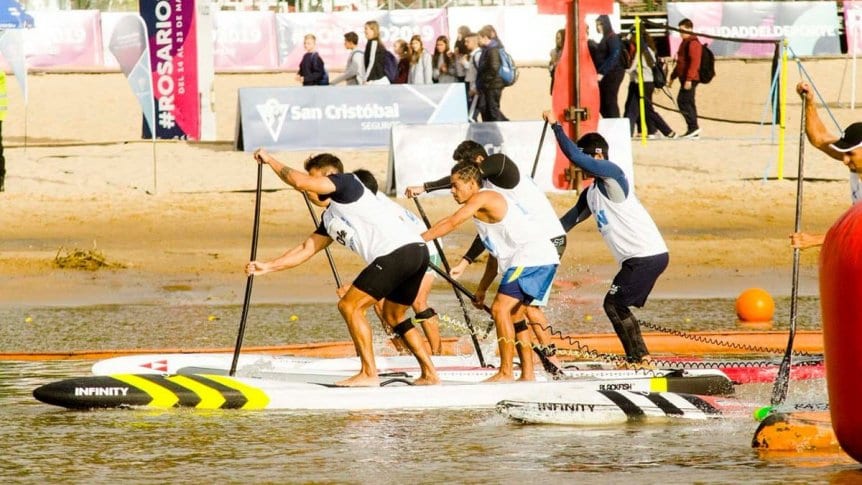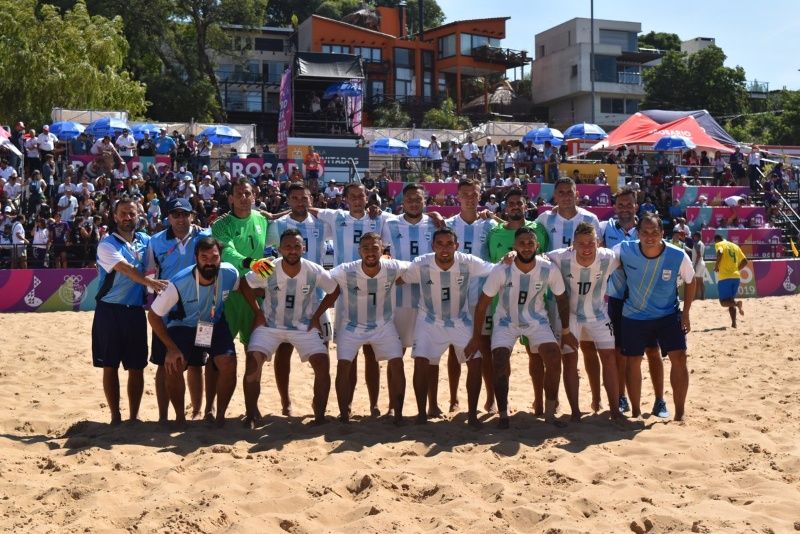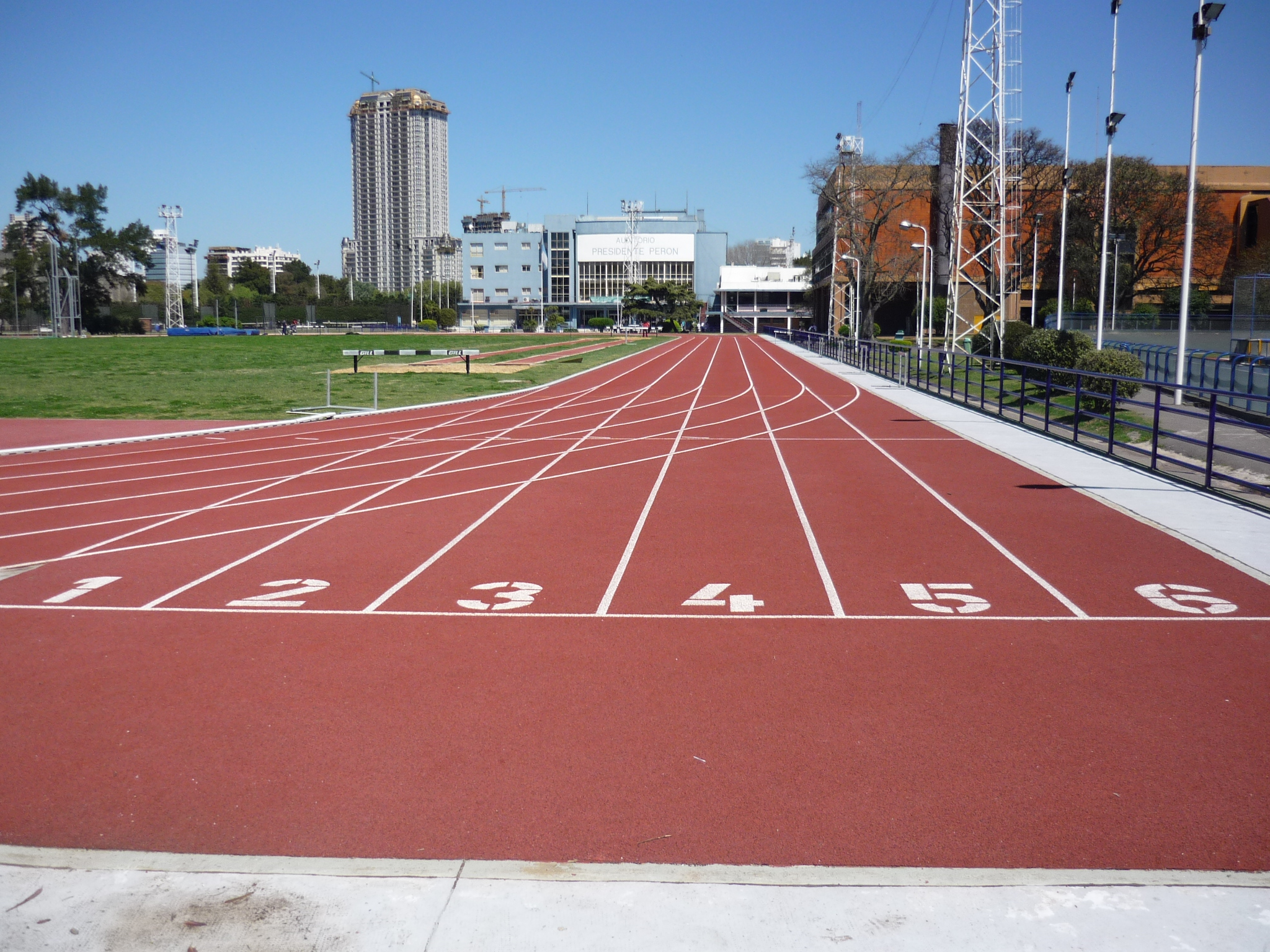Sports policies during crisis: another challenge for the new government

When Mauricio Macri became president in 2015, the biggest question in terms of sports was how to maintain a basic budget in order to help athletes, especially in amateur sports, to perform at the highest level, with a struggling economic situation. Four years later, and with an even worse scenario, this question rises again.
Alberto Fernandez will become in December the president of Argentina after promising economic relief and eventual growth, something that the last two presidents were not able to achieve. Meanwhile, the Argentinian athletes and teams are waiting to see the level of support they will get, while thinking in the next competitions ahead.
It took only ten years for the ENARD (National Entity of Sports High Performance) to become a substantial institution for amateur sports. It´s financial aid was key for many athletes to achieve success in many worldwide competitions.
Although some disagreement about if the ENARD should grant athletes based on their success or inclusion and future hopes, the entity kept working through two governments declared antagonists. The budget was lowered in the last couple of years, but the Olympics Games in Tokyo 2020 and the Youth Olympics in Dakar 2022 are incoming, and the preparations for this events depends a lot in the financial support.
On the other hand, the future of the National Agency of Sports is on the table. Along the years when they led the country, the Peronist party strongly supported the national sports, and it is one of the reasons that a rumor states that they new government will go back to its roots, bringing back the Agency of Sports to a Secretary status, while the discussion about who will be in charge is still open.
While amateur sports demands more attention and care, needless to say, football can change moods in a huge part of the society, and therefore that is the way it is overlooked. Even though the ‘Futbol Para Todos’ program (free access for everyone) is not an option because of the ongoing contract between the Superliga and Fox and Turner, there is a possibility they will be competing to take part in the organization of the World Cup 2030.
Nowadays, Argentina is a host candidate with Uruguay, Paraguay and Chile, but for the FIFA the debate to see where the next World Cup would be, will start after 2022. South America has two valuable options, while there are some others from Europe, Africa and Asia. The fact that Argentina postulated with other countries, would decrease the cost of the event, but is up to Fernandez to choose what he believes is the best for the country.
The transition from one government to another comes with expectations and doubts in the sports field. In the professional sports, this change may not be noticeable, whereas in those which are really amateur and will compete in the Olympic Games in Tokyo, will suffer greatly any small change, because athletes do not depend on themselves but in some help that can make them accomplish goals.




